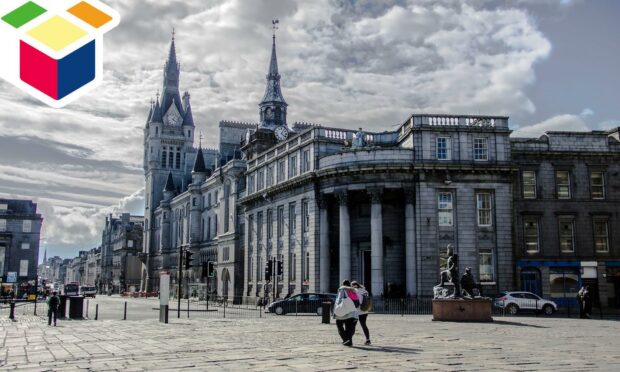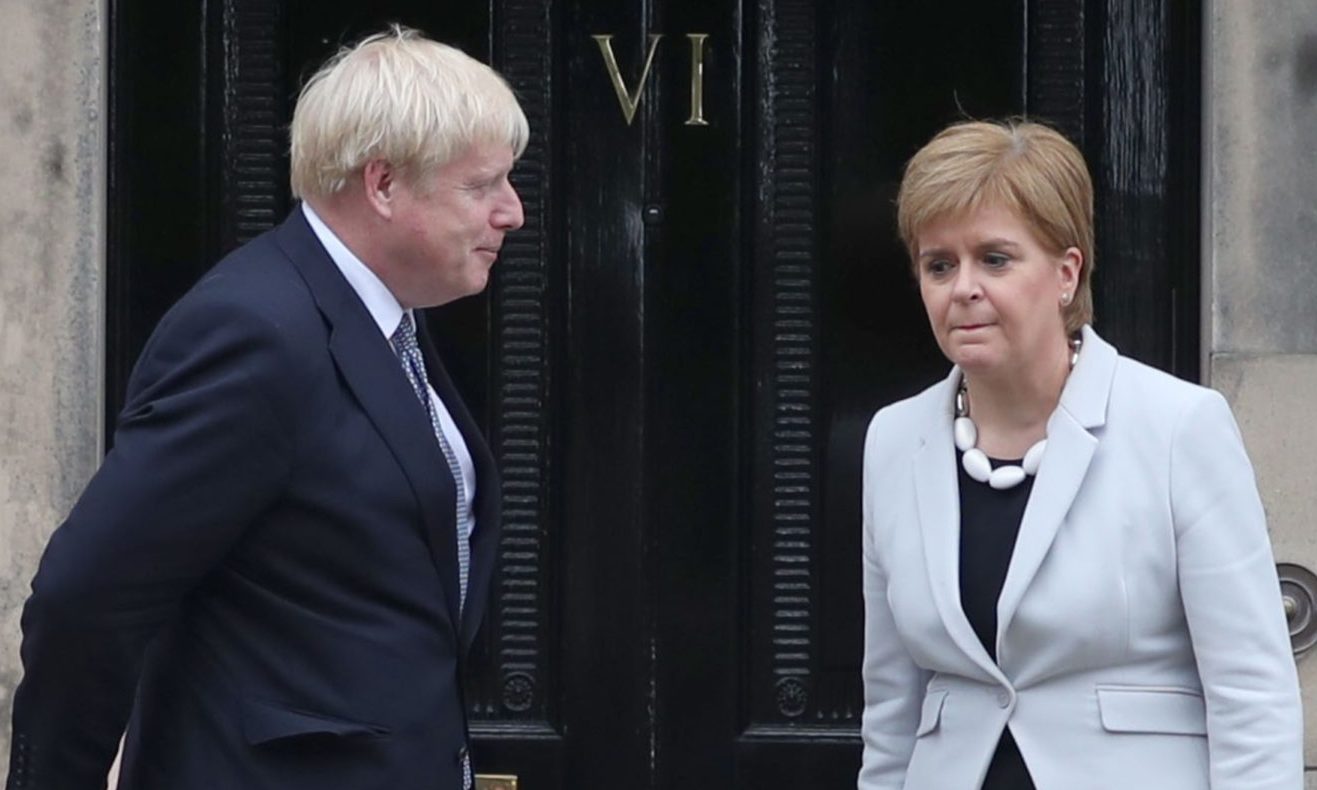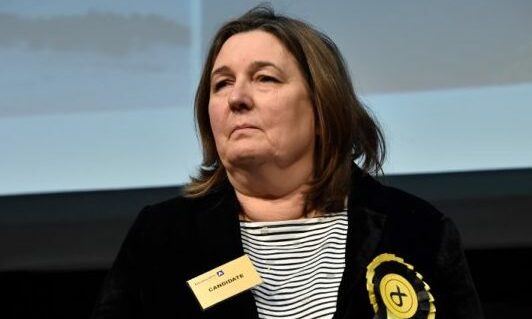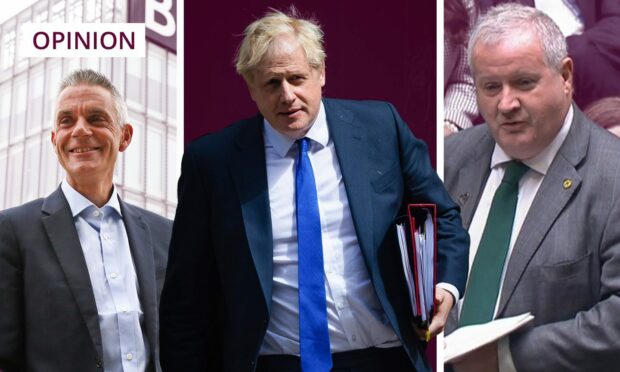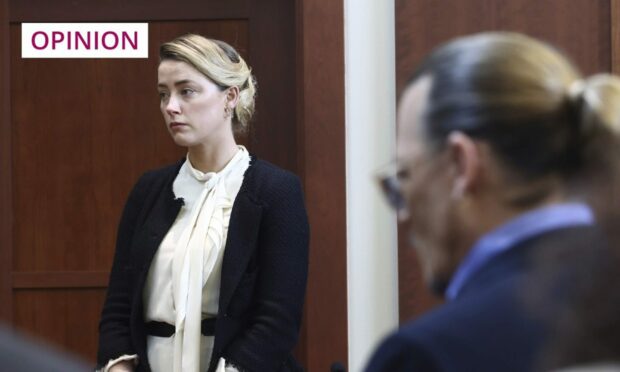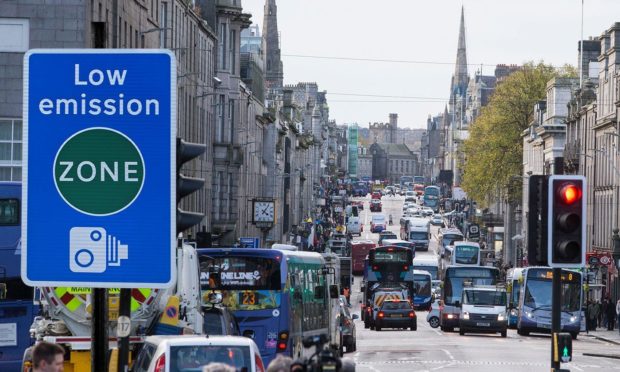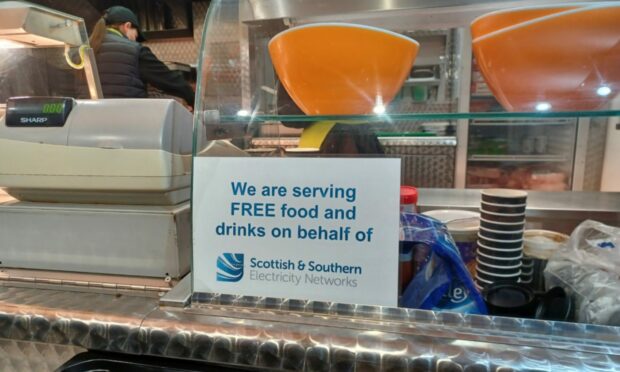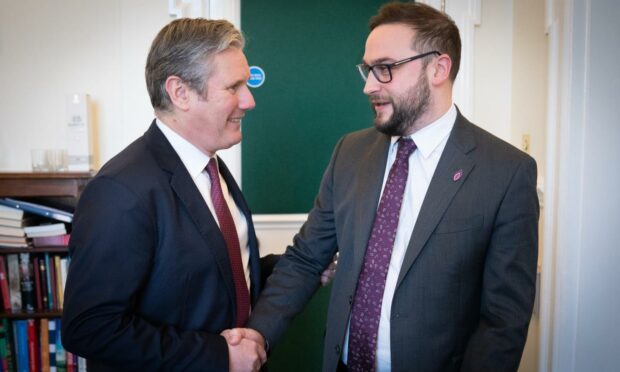With Scottish local elections just over two weeks away, I must admit to a feeling of sadness watching the SNP’s party political broadcast on TV.
The entire five-minute slot was dedicated to delivering the message that, if you don’t like Boris Johnson, vote SNP on May 5. While that may resonate with a handful of the few hundred who will bother to turn out on polling day, it was, for me, a depressing spectacle which, I believe, goes some way to explaining the mess in which local politics finds itself.
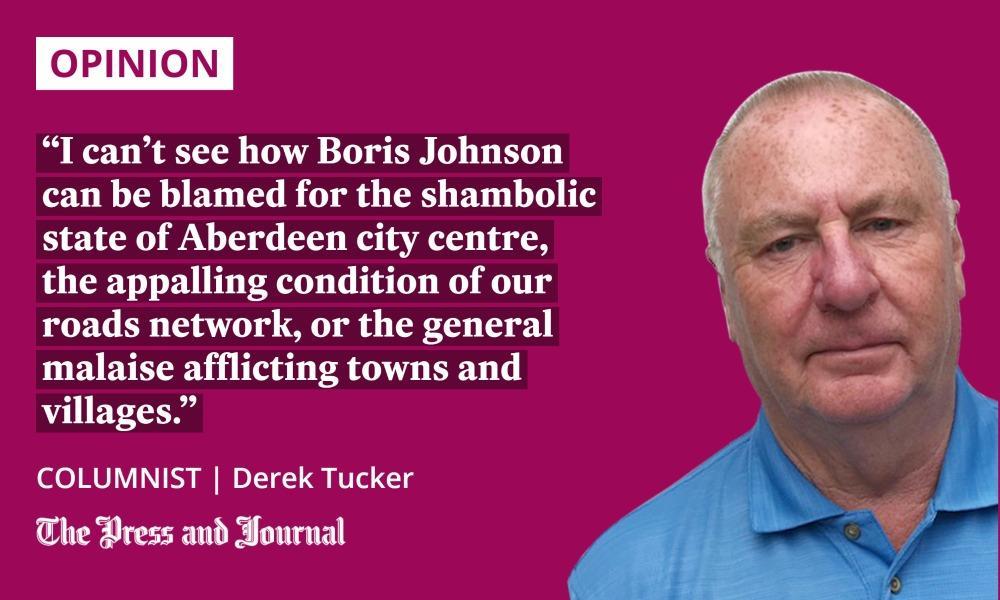
And, with the best will in the world, I can’t see how Boris can be blamed for the shambolic state of Aberdeen city centre, the appalling condition of our roads network, or the general malaise afflicting towns and villages across the whole of the north of Scotland.
It is not difficult to work out how local politics should work. After all, the clue is in the name. Yet, the SNP – always the first to complain if it sees attempts by Westminster to muscle in on its domain – is intent on turning May 5 into a Scotland versus England battle. It is nothing of the sort.
People in Aberdeen are so different from those in Aberfoyle
The tactics, particularly if viewed through the SNP’s prism, are understandable, because blaming Westminster or, more accurately, the prime minister, is a great distraction from the party’s fairly dismal record on issues which SHOULD be at the heart of local political debate – health, education, law and order, to name but three.
Quite how local communities will benefit from extending the tentacles of the Scottish Government into town halls is lost on me.
The stark truth is that party politics should play no part in the running of local communities. The one-size-fits-all approach just does not work when the needs of people in Aberdeen are so different from those in Aberfoyle.
As England appears to be delegating more and more local decision-making, Scotland seems hell-bent on going in the opposite direction
Delegating powers to local councils to decide how best to address local issues, and giving them the resources to do so, is the cornerstone of democracy, but that will be seriously undermined if parties in Holyrood attempt to run local councils as sub-committees, whose finances are dependent on doing what they’re told.
As England appears to be delegating more and more local decision-making, Scotland seems hell-bent on going in the opposite direction.
The creeping intrusion of party politics
I was intrigued to read the comments of Geva Blackett, SNP councillor for Aboyne, Upper Deeside and Donside for the last 10 years, who announced last year that she would not be standing for re-election to Aberdeenshire Council in connection with any party because of the creeping intrusion of party politics, which, she says, has no part in local decision-making.
I have never met Ms Blackett, and it’s fair to say that her tenure as a councillor has not been without controversy, but on this point she is absolutely correct. Her record of campaigning against local bank closures and for the replacement of Gairnshiel Bridge is exactly what people expect of their councillors, and now appears to be under serious threat.
If, as seems entirely possible, the SNP takes control of Aberdeen City Council after May 5, what are the implications for the oil and gas sector, on which much of the city depends?
The Scottish Government has already demonstrated its opposition to future growth in the sector via its stance on the Cambo field and, if that attitude is mirrored by a mini-me city council, the effects could be disastrous.
A non-aligned ‘prosperity’ party?
Last summer, my wife and I met up with a very prominent Scottish businessman and his wife for a strictly social lunch during which, inevitably, the conversation drifted into politics.
The current system is broken and urgent repairs are needed to restore democracy in our towns and villages
I mentioned my opposition to party politics dictating local policy and suggested that a non-aligned “prosperity” party, in which decision-making was based purely on what was right for the community, would resonate with voters and restore credibility and efficacy to local politics.
His response was surprisingly enthusiastic, and we discussed it at greater depth with other business figures.
The idea withered on the vine because of the sheer size of the work, time and cost involved. But, I do believe the current system is broken and urgent repairs are needed to restore democracy in our towns and villages.
- Editor’s note: This article has been amended to clarify that Geva Blackett does intend to stand for re-election to Aberdeenshire City Council in future, but that she will not do so in connection with an specific political party
Derek Tucker is a former editor of The Press and Journal
